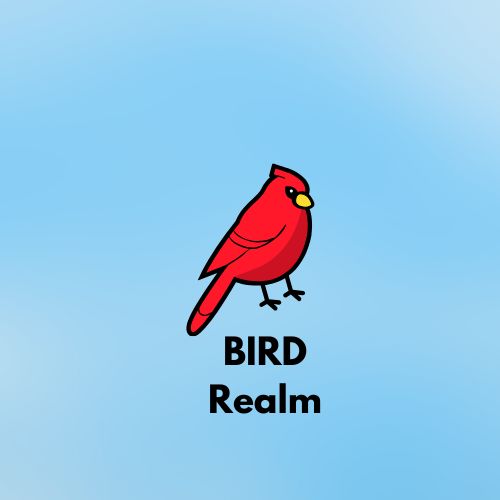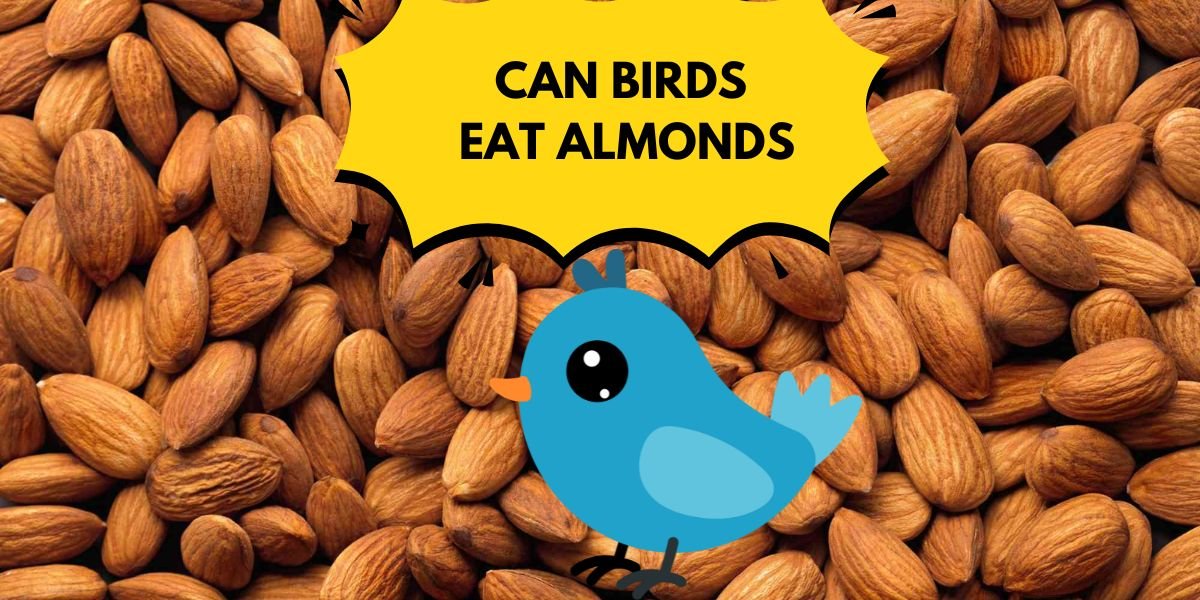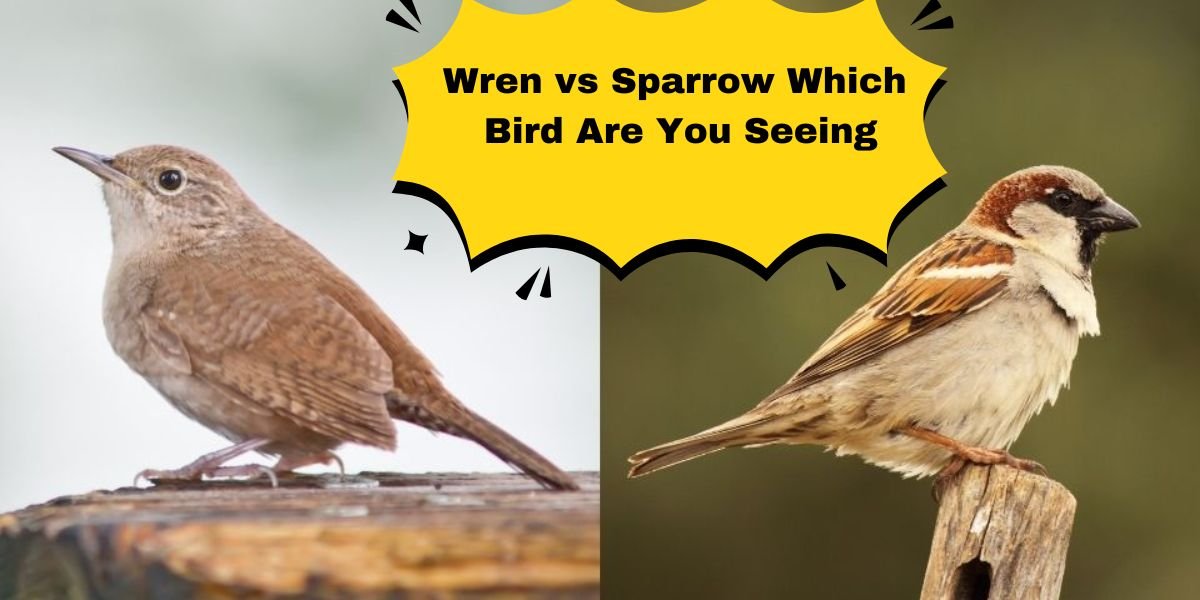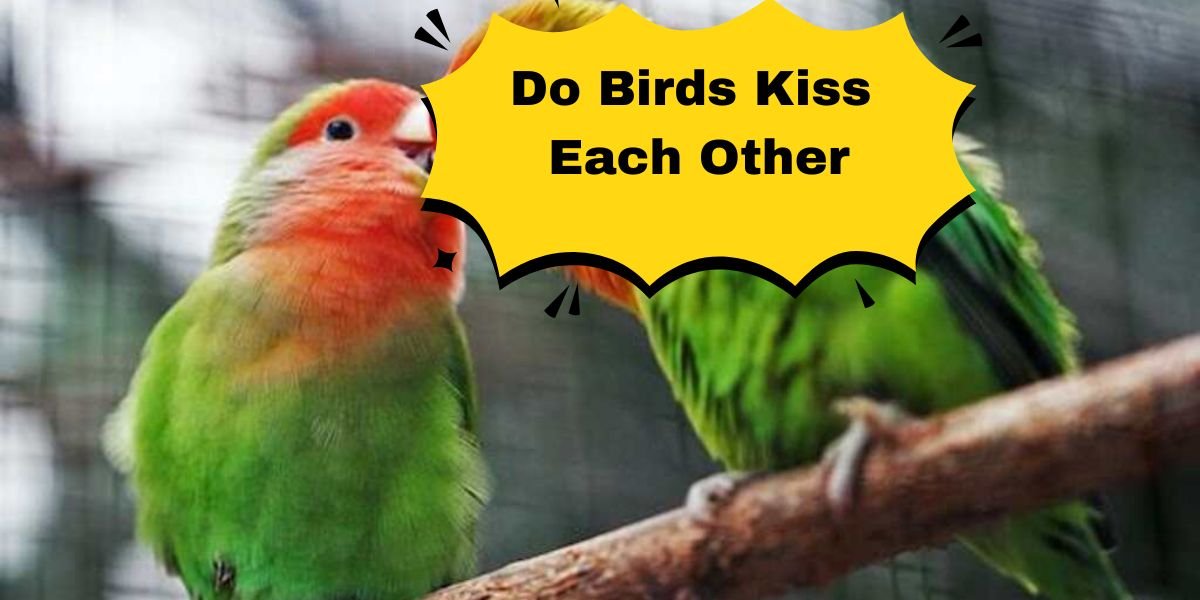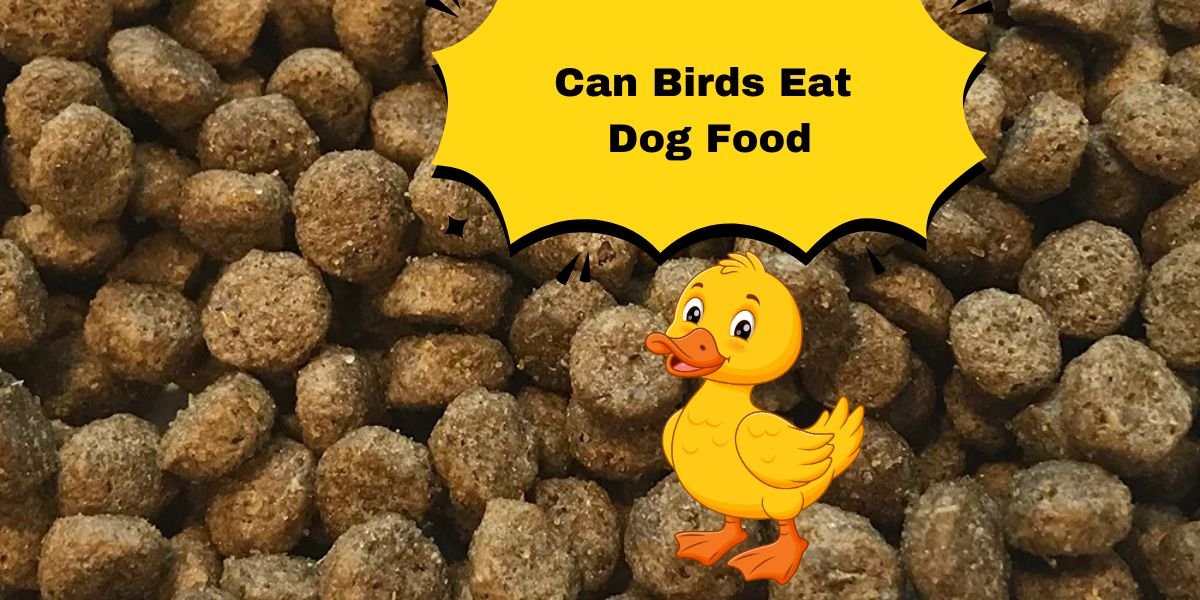Can Birds Eat Asparagus?
Imagine sitting down to enjoy a delicious plate of asparagus, only to wonder if your pet bird can share in the feast. This leads us to an essential inquiry: Can birds eat asparagus? As more people seek to provide varied diets for their birds, knowing which foods are suitable is vital. Join us as we delve into birds’ dietary needs and determine whether asparagus can be a safe addition to their menu.
Nutritional Benefits of Asparagus for Birds
This green delight is packed with essential vitamins and minerals that can enhance avian health. Rich in vitamins A, C, E, and K, asparagus supports immune function and promotes healthy skin and feathers. The high fiber content aids digestion, ensuring that birds maintain a balanced gut flora, which is crucial for their overall well-being.
Asparagus contains antioxidants that can help combat oxidative stress in birds. These compounds are vital for preventing cellular damage and promoting longevity. Asparagus’s natural diuretic properties also assist in maintaining proper hydration levels, especially for birds that thrive in warmer climates.
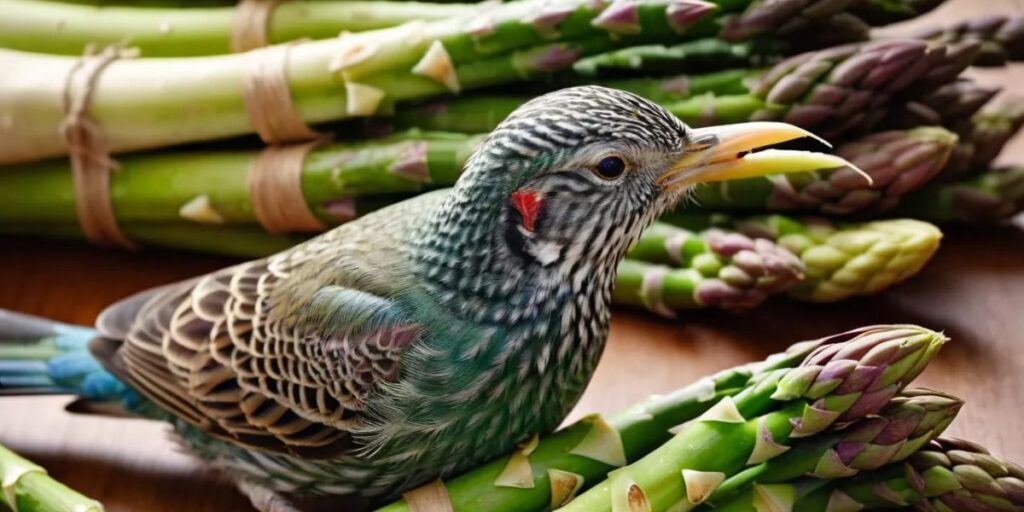
By incorporating small, cooked pieces of asparagus into their diet, bird owners can provide a flavorful treat that not only pleases the palate but also contributes significantly to their feathered friends’ nutritional needs.
Preparing Asparagus for Birds
- Cook Lightly
- Cut into Small Pieces
- Serve Plain
Cook Lightly
Cooking lightly means maximizing the nutritional benefits of ingredients while preserving their natural flavors. Steaming or lightly sautéing asparagus can help retain its crunch and vibrant color, which are visually appealing and enticing for both birds and humans.
Cut into Small Pieces
Cutting asparagus into small pieces not only makes it easier for birds to handle but also ensures that they can digest it more effectively. Smaller portions help prevent choking hazards, especially for smaller bird species that may struggle with larger chunks.
Serve Plain
When served plain, steamed or lightly cooked asparagus can be a delightful addition to a bird’s diet, providing essential nutrients without the added salts or spices that can be harmful. introducing asparagus into a bird’s diet can encourage foraging behaviors, mimicking their natural habits in the wild. Birds such as parrots and cockatiels may enjoy pecking at the tender stalks, promoting mental stimulation and physical activity.
How to Serve Asparagus to Birds
- Mix with Other Foods
- Offer in a Feeder
- Observe and Adjust
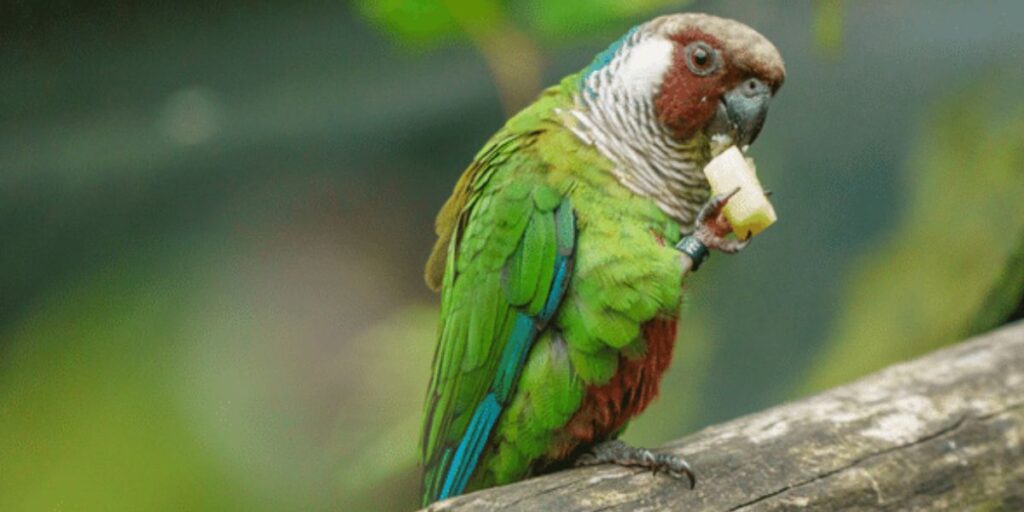
Mix with Other Foods
Mixing asparagus with other foods can elevate both the taste and nutritional profile of your meals, making it a delightful addition to a variety of dishes. For instance, pairing asparagus with quinoa creates a wholesome grain bowl that’s rich in protein and fiber. Tossing in some cherry tomatoes and a sprinkle of feta cheese not only adds vibrant color but also introduces a tangy contrast that enhances the overall flavor.
Offer in a Feeder
Asparagus can also be a conversation starter among birdwatchers. By diversifying the menu at your feeder, you create a more engaging environment for both birds and observers. It’s not just about filling the feeder; it’s about fostering an ecosystem where birds can thrive on a varied diet.
Observe and Adjust
Adjusting your approach based on what you observe can lead to better dietary choices for your birds. If you notice your birds showing interest in fresh produce, introducing small, cooked pieces of asparagus can be beneficial. It’s essential to monitor how they react; some birds may take to asparagus readily, while others might be hesitant.
Precautions When Feeding Asparagus to Birds
- Moderation is Key
- Freshness Matters
Moderation is Key
Incorporating asparagus into a bird’s diet can provide valuable nutrients, but it should be treated as an occasional treat rather than a staple. Too much of any new food can lead to digestive upset or nutritional imbalances.
Freshness Matters
Freshness matters significantly when considering the dietary choices for our feathered friends, particularly when exploring options like asparagus. While it’s essential to ensure that the food offered to birds is safe, the freshness of that food can greatly impact its nutritional value.
Attracting a Variety of Birds
Creating an inviting habitat for a diverse array of birds requires more than just filling feeders with seeds. One effective strategy is introducing various plants that produce berries, nuts, and seeds, which naturally attract different species.
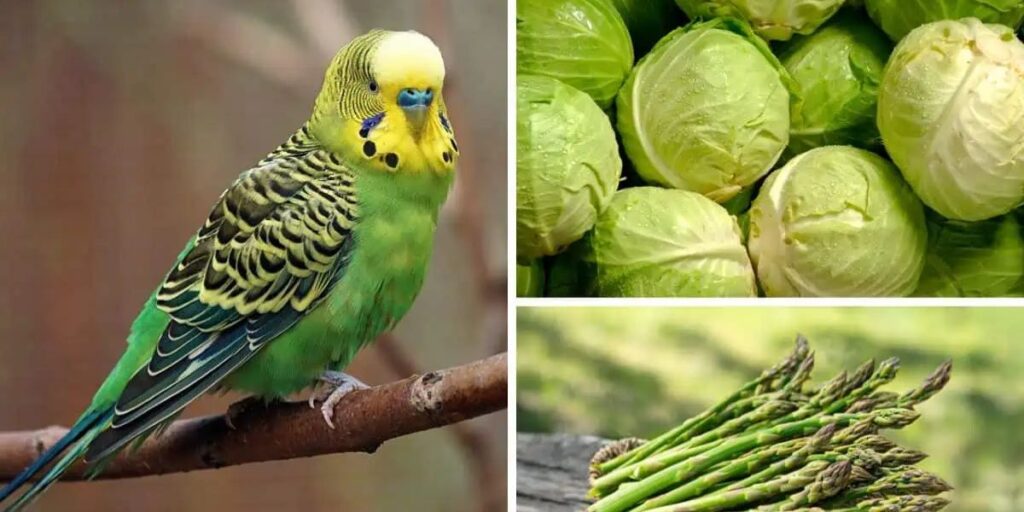
Incorporating native plants into your garden can provide essential food sources and shelter, fostering a thriving ecosystem. Birds are drawn to specific environments; finches love sunflowers, while woodpeckers are attracted to trees that yield insects.
Final Words
Asparagus is not a common food item for birds, it can be safely offered in moderation. The nutritional benefits of asparagus, including vitamins A, C, and K, can contribute positively to a bird’s diet if they enjoy the taste. preparing the vegetable properly by steaming or cooking it to make it more palatable and easier to digest is essential.
Always monitor your feathered friend for any adverse reactions when introducing new foods. If you’re considering adding asparagus to your bird’s menu, start with small amounts and observe their response.
Can Birds Eat Asparagus FAQs
Can Birds Have Asparagus?
Can Parrots eat Raw Asparagus?
Do birds eat Asparagus?
Can Parrots eat Asparagus?
Can Parakeets eat Asparagus?
Do Birds eat Asparagus Berries?
Asparagus is fine to feed your bird – raw or cooked. Just keep in mind that it has natural diuretic properties and may have a tendency to dehydrate your bird.
